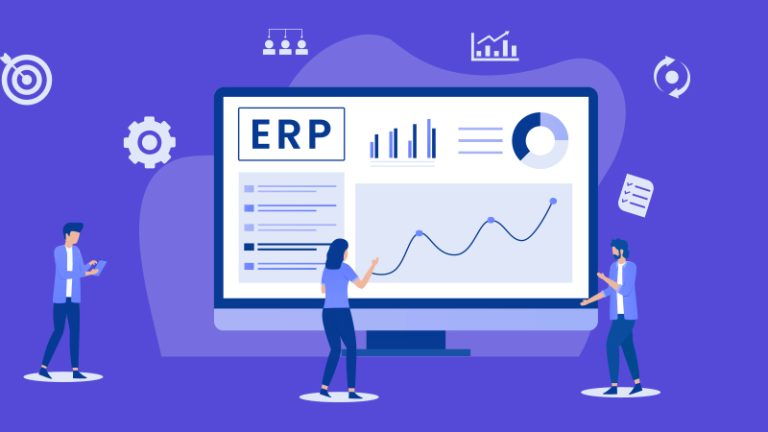In the absence of analysis and interpretation, raw data is devoid of any significance. Artificial intelligence comes into play here in the analysis, converting massive amounts of data into insights for strategic planning. Here, details about the importance of ai analysis in strategic planning and how it will significantly change your decision-making.
Enhancing Data Processing Capabilities
AI analysis can analyze massive amounts of data rapidly and accurately, which is a major benefit. AI-driven tools can process data faster and more efficiently than humans. Such tools use computers to find patterns and trends in massive data sets that no human analyst could. This improved data processing ensures organizations acquire the relevant information in real time and make strategic decisions based on accurate knowledge.
Identifying Trends and Predictive Insights
AI analysis goes beyond data processing to provide predicted insights for strategic decision-making. Based on historical data, AI can identify trends and forecast outcomes. AI can analyze sales data to predict when product demand will exceed supply in retail, allowing organizations to manage inventory and stock. AI can identify market trends and help organizations make smarter financial investments.

Supporting Evidence-Based Decision Making
Most importantly, your strategy is supported by data to make informed decisions. Through a foundation of AI analysis that offers accurate and all-encompassing insights. Decision-makers can then make tactical decisions based on the hard facts and evidence, avoiding intuition-based or substandard data-driven strategies. This helps to decrease your chances of making a faulty decision and increase the odds of arriving at a desirable outcome.
Increasing Operating Efficiency
It also has a key role in smart strategic planning of an organization as it decides the operational efficiency empowerment by AI patterns analysis. AI automates the tedious process of data analysis, which ultimately saves time for employees so they can focus on value-added strategic tasks. Moreover, AI can spot operational inefficiencies in a company and help with suggestions.
Supporting Risk Management
The potential for enablement in firm risk management is greatly improved with AI analysis. AI has the ability to predict risks and provide early indicators of problems through analysis from multiple data sets. In the supply chain, intelligence is monitoring supplier performance and identifying potential disruptions, which will allow businesses to take action before that risk even materializes.
AI analysis allows companies to make smarter, data-driven strategic decisions that enhance their operational efficiency and risk management for example, by improving access to relevant predictive insights using advanced algorithms, ai analysis enhance the ability of a business with respect to decision-making involving large datasets.








